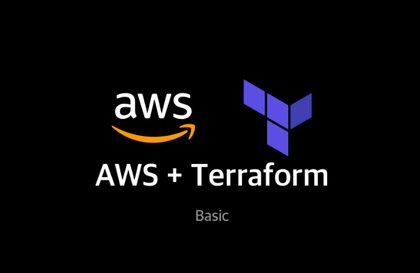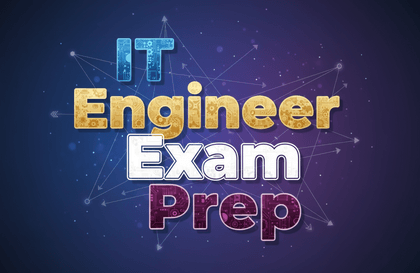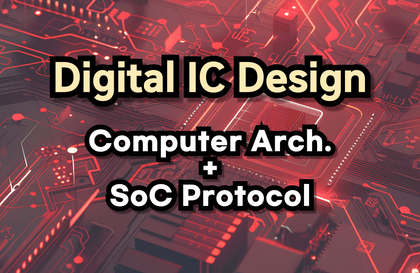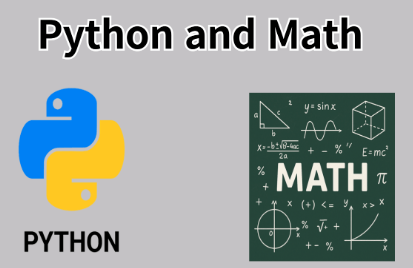Understanding Computer Architecture for Non-Majors!
You need to know the principle to be able to apply it.
Lecture Introduction 📝
For non-majors who want to learn Unity or other programming
I thought about what would be the most difficult thing to approach.
It's about familiarity with computers and programming.
Such familiarity is not easily achieved.
Usually, learning about the structure of a computer is a semester-long course.
Only after taking all the classes do I begin to have a vague understanding of computer architecture.
But for non-majors, studying like that is impossible.
If you study without knowing what to study, you will be overwhelmed by the vast amount of material to study and will immediately give up.
So, I created this course to help non-majors become familiar with "how computers work."
Why you should learn ✒️
This lecture is designed to teach non-majors how to approach computer architecture .
Therefore, professional content has been excluded as much as possible.
Each lecture will not exceed 10 minutes of study time (some lectures may be less than 5 minutes).
What you will learn in this course ✏️
From how to become a programmer to becoming familiar with computers and programming,
It even explains how non-specialists can access computers.
Understanding, memorizing, and practicing the internal workings of a computer will help you become more comfortable with it.

.gif)
Lecture Features 💡
This is a computer architecture that describes how a computer works, not the actual computer architecture.
After taking this course, you will be able to become familiar with computer architecture.
I think it will be of great help to beginners and non-majors who are approaching programming.
The current lecture is approximately one hour long, but additional updates will be made after July 15th.
.gif)
A brief introduction to each section 📖
Section 1
- We explore why majors become programmers and introduce approaches for non-majors.
- We introduce practice methods that can reduce study time and create long-term memories.
.gif)
Section 2
- Learn binary by looking at decimal.
- Learn how memory works in computers.
- Knowing how code and data work in memory takes the fear out of programming.
.gif)
Section 3
- Learn about the internal structure of variables and functions through the operation of the C language.
- We will cover only the basics of assembler and introduce the reasons for compiling programming languages.
- Comparing the behavior of the C language with assembly language helps us understand why variables are declared.
- Explains the memory behavior of functions through code memory (to understand the principles of delegates).
- Knowing where a variable is used and operates in memory allows you to use it freely.
Tools covered here 🧰
There is no practical training in this lecture, so you can take it easy.
After you understand it, you must memorize the key information you need.
I'll show you how to use Evernote to organize your notes while studying.
We'll also show you how to use Google Spreadsheets to track your learning progress.
These are simple topics, but non-majors don't have time for them (and majors don't either).
We'll show you how to get the best practice possible in the shortest amount of time.
Expected Questions Q&A 🙋🏻♂️
Q. Can non-majors also take the course?
A. Yes, this lecture is for non-majors. However, if you simply skip over the previous lectures because they were easy, you won't be able to understand the following lectures. If you still don't understand, please leave a question.
Q. Why should a non-major take this course, "Computer Architecture"?
A. That's because programming isn't something you do by following the rules. To be able to program, you need to understand the principles and "empathize" with the computer. You need to think of yourself as having a conversation with the computer and work accordingly. To do that, you need to have a familiarity and a sense of computer architecture. Computer architecture is the key to achieving this. Non-majors don't have time to learn "real-world computer architecture" in six months. Therefore, this course is for you.
Q. What are the benefits of learning this "computer architecture"?
A. You need to understand the principles to apply them. Understanding the principles is crucial not only for programming but also for solving errors. Just because a non-programmer makes a mistake while programming doesn't mean someone else will fix it for you.
Q. What can I do after taking the "Computer Architecture" course?
A. You can become "familiar" with how computers work. Then, the programmer's mindset will naturally become ingrained in you. The "mindset" of programming will take root in your heart.
Q. Are there any special advantages to this course?
A. Because it teaches the principles rather than the actual computer architecture, it's easier than typical computer architecture courses. (It can still be challenging, though.) Furthermore, instead of six months of study, you can learn in a short amount of time, with lectures lasting only a few hours. However, if you just glance at it once and dismiss it as just that, you'll end up with the same results. To ensure long-term retention, I recommend studying and memorizing for 10 minutes a day . (Details are provided in the lecture.)
Related questions
What prompted you to start this course?
Two lectures through WadiZ,
"Game Development with Unity: Part 2. C# Programming"
"Starting Game Development with Unity: Part 3. Shooter Game Development"
We have conducted funding for .
Before proceeding with Parts 2 and 3 in order, you should first take this Part 1 "Computer Architecture" lecture.
What got you interested in this field?
I've wanted to make games since I was little, but I didn't know where to go.
Later, I decided to major in electronic engineering with the intention of making games.
After getting a job at the company, I started studying game-related content to learn about games.
It's been almost 20 years now.
I want to create lectures and fun games.
What are your future goals in this field?
First of all, I would like to continue making sequels to this lecture.
- 10 Unity Miniprojects to Improve Your Skills
- Advanced Unity C# Programming Course
- Platformer game development
- Other courses such as RPG game development
I'll show you my own way of teaching for beginners.
Thank you for your support.
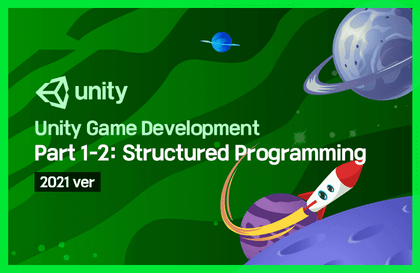





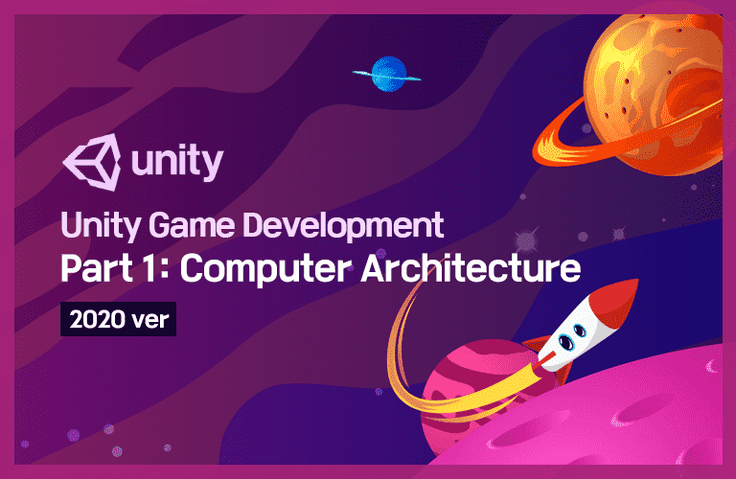



.gif)
.gif)
.gif)
.gif)
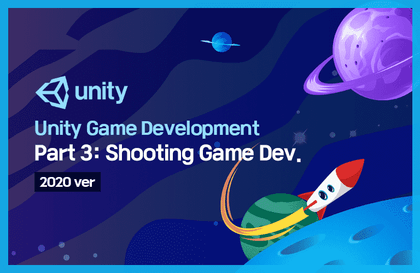
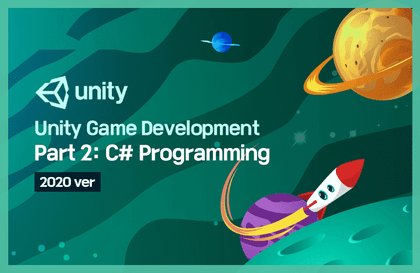
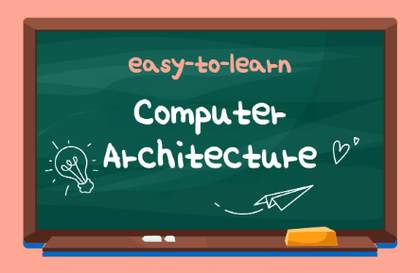
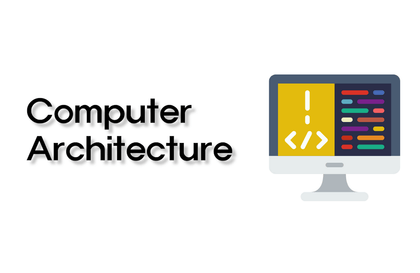

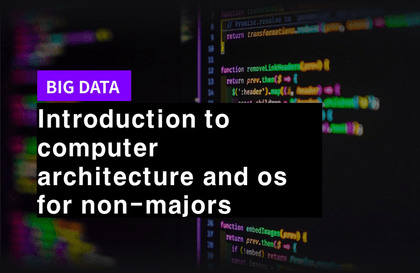
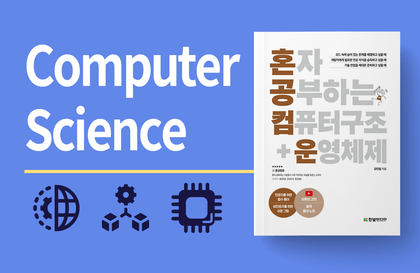
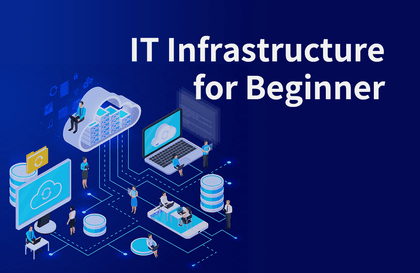
![Learning Analog Circuits Through Flow, Not Formulas: 6 Steps to Understanding Filters and OP-AMPs [Theory Edition]Course Thumbnail](https://cdn.inflearn.com/public/files/courses/339176/cover/ai/1/cd937379-04b7-474d-9b91-0035de94ea0d.png?w=420)
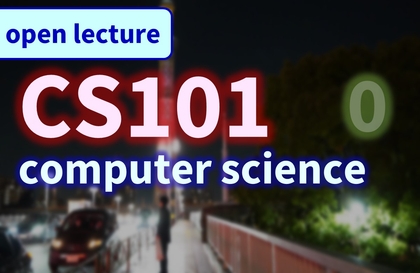
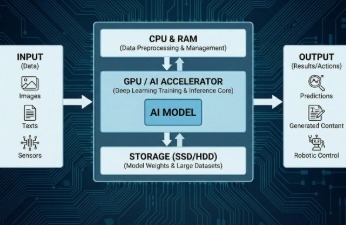
![Linux Kernel Structure and Principles: Processes [Author's Direct Lecture Part 1-4]Course Thumbnail](https://cdn.inflearn.com/public/courses/333193/cover/442053bf-cf8d-4d79-a009-41654b6eb262/333193.png?w=420)
